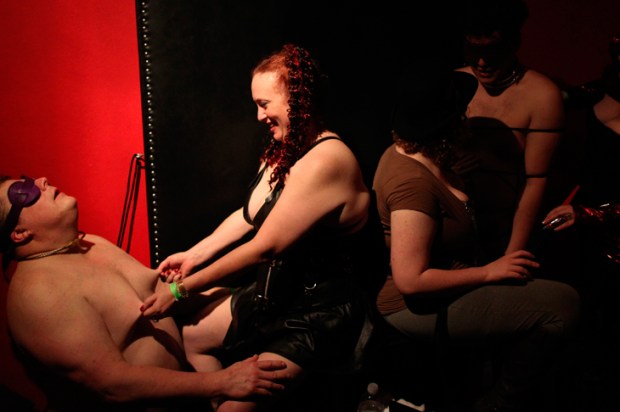‘There’s so much that Britain has given to us’, said Tony Abbott, addressing UK Prime Minister David Cameron in the House of Representatives just before the G20. ‘There’s so much, indeed, that Britain has given to everyone: parliamentary democracy, the common law, constitutional monarchy, and English’.
Opposition leader Bill Shorten agreed, noting that ‘our democracy, our faith in the rule of law, our respect for individual liberty and our sense of fair play are priceless gifts from [Britain]’.
Both were right. Much of modern Australia’s short history is virtually inseparable from Britain’s. But this is not reflected in what is being taught in our schools or our universities.
In the existing National Curriculum for history, British history is little more than a footnote. The curriculum skips over defining events like the English Civil War and the Glorious Revolution in silence. It is also silent on the English Reformation, the Norman conquests, and English and British political and institutional history in general.
Not so long ago, such a thing would have been unimaginable. Few academics would have disagreed that British history is key to understanding Australian society. In the early 1970s, British history was a major component of tuition in schools and most history courses across Australia. At the University of Melbourne, for example, early modern British history was almost a core part of the undergraduate history major, being one of the three first-year subjects available.
Since then, a great deal has changed. Although British history is occasionally mentioned in the National Curriculum for history, it certainly isn’t a major component of it. As an overview of the history of Australia and its institutions, it leaves much to be desired.
For example, the entire history of mediaeval England is squashed into a single ‘elaboration’ in the Year 8 history overview, which lists the Anglo-Saxon invasions, the foundations of the English language, and the roots of mediaeval parliament in a short paragraph.
While this is certainly better than nothing at all, the Year 8 overview misses a number of events that should be rather important for any overview of this period – for example, the Danelaw, the Norman conquests, the Plantagenets, Magna Carta, the baronial revolts and the Hundred Years War – and usually translates to two or three equally-as-deficient glossy pages in the textbooks designed for the curriculum. The curriculum has nothing to say of the Reformation or the Tudor era, save for one elaboration in which it refers to the ‘spread of Renaissance culture to England’. It then skips over the seventeenth century altogether.
Of course, the British Empire is alluded to in the context of the slave trade, the industrial revolution, the British Raj, imperialism, the second world war and the colonisation of Australia. But overall, British history is only sparsely and selectively mentioned.
None of this is to suggest that British history is the only kind of history worth studying, nor that other areas of history are not important. This is far from the truth. However, the fact remains that Australia’s political system, legal institutions, and only major language are products of Britain’s history.
It does not matter where we have come from or what our background is – it is impossible to understand how our own society came to be without looking at its roots, and many of its political, legal, linguistic, and cultural roots must be traced back to the British Isles.
History allows us to see our existing institutions in historical perspective – as a product of many centuries of history – and can illuminate both their inherent values and their shortcomings. If we are ignorant of British history, then we risk failing to understand how our own society functions, and becoming ignorant of ourselves.
Unfortunately, given the absence of British history in our National Curriculum, it seems that we are headed that way.
Got something to add? Join the discussion and comment below.
Get 10 issues for just $10
Subscribe to The Spectator Australia today for the next 10 magazine issues, plus full online access, for just $10.
Stephanie Forrest is a Research Scholar for the Foundations of Western Civilisation Program at the Institute of Public Affairs.
You might disagree with half of it, but you’ll enjoy reading all of it. Try your first month for free, then just $2 a week for the remainder of your first year.









Comments
Don't miss out
Join the conversation with other Spectator Australia readers. Subscribe to leave a comment.
SUBSCRIBEAlready a subscriber? Log in